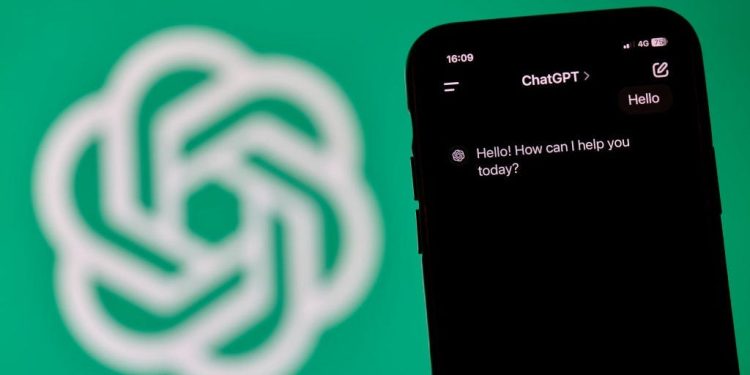- OpenAI is considering making a web browser, sources told The Information.
- The browser would be integrated with ChatGPT, according to the report.
- Google is doubling down on AI for search, too, starting on mobile.
OpenAI is eyeing two territories that have long been dominated by Google, according to a report from The Information: web browsing and search.
The AI startup is at the early stages of considering the development of a web browser that would be integrated with OpenAI’s ChatGPT, sources familiar with the matter told The Information.
OpenAI has also approached travel, retail, real estate, and food websites about a search tool that would allow visitors to interact with their sites in the same conversational way a user might interact with ChatGPT, according to the Thursday report.
One source who has seen the prototype of the tool told The Information that the new product is called NLWeb, or Natural Language Web.
Spokespeople for Google and OpenAI did not respond to a request for comment.
Developing a web browser and a search tool would be a bold step into two fields where Google has — for now — a comfortable market dominance.
As of August, Google Chrome held about 65% of the global web browser market share, according to Statista, a data analytics firm. And as of January, Google Search accounted for about 82% of the global search engine market share. Search is a big business for Google, generating $49.4 billion in the three months ending September 30 — more than half of the company’s revenue.
Google is also doubling down on AI for search. The company said last month that it was rolling out a series of changes to Search, starting on mobile. An entirely new Search experience uses AI to organize the page’s layout, grouping results into different categories and pushing videos, forum links, and other widgets to the top of the page.
Multiple sources told The Information that OpenAI was nowhere close to launching a browser. But in a sign of the company’s interest in exploring such a product, OpenAI hired two key developers of Google Chrome this year, including Ben Goodger, a founding member of the Chrome team.
OpenAI already has positioned ChatGPT as a search engine rival with the release of ChatGPT search in October. The feature allows the chatbot to provide real-time answers on areas like the weather or the stock market.
Google’s dominance in search and web browsing is indisputable, but that may come under threat with the Justice Department’s request this week to force a sale of Chrome. In August, a judge ruled that Google maintains an illegal monopoly of the advertising and search markets.
Google said it would appeal any ruling on the case and that the DOJ is pushing a “radical agenda.”
- OpenAI is considering making a web browser, sources told The Information.
- The browser would be integrated with ChatGPT, according to the report.
- Google is doubling down on AI for search, too, starting on mobile.
OpenAI is eyeing two territories that have long been dominated by Google, according to a report from The Information: web browsing and search.
The AI startup is at the early stages of considering the development of a web browser that would be integrated with OpenAI’s ChatGPT, sources familiar with the matter told The Information.
OpenAI has also approached travel, retail, real estate, and food websites about a search tool that would allow visitors to interact with their sites in the same conversational way a user might interact with ChatGPT, according to the Thursday report.
One source who has seen the prototype of the tool told The Information that the new product is called NLWeb, or Natural Language Web.
Spokespeople for Google and OpenAI did not respond to a request for comment.
Developing a web browser and a search tool would be a bold step into two fields where Google has — for now — a comfortable market dominance.
As of August, Google Chrome held about 65% of the global web browser market share, according to Statista, a data analytics firm. And as of January, Google Search accounted for about 82% of the global search engine market share. Search is a big business for Google, generating $49.4 billion in the three months ending September 30 — more than half of the company’s revenue.
Google is also doubling down on AI for search. The company said last month that it was rolling out a series of changes to Search, starting on mobile. An entirely new Search experience uses AI to organize the page’s layout, grouping results into different categories and pushing videos, forum links, and other widgets to the top of the page.
Multiple sources told The Information that OpenAI was nowhere close to launching a browser. But in a sign of the company’s interest in exploring such a product, OpenAI hired two key developers of Google Chrome this year, including Ben Goodger, a founding member of the Chrome team.
OpenAI already has positioned ChatGPT as a search engine rival with the release of ChatGPT search in October. The feature allows the chatbot to provide real-time answers on areas like the weather or the stock market.
Google’s dominance in search and web browsing is indisputable, but that may come under threat with the Justice Department’s request this week to force a sale of Chrome. In August, a judge ruled that Google maintains an illegal monopoly of the advertising and search markets.
Google said it would appeal any ruling on the case and that the DOJ is pushing a “radical agenda.”









